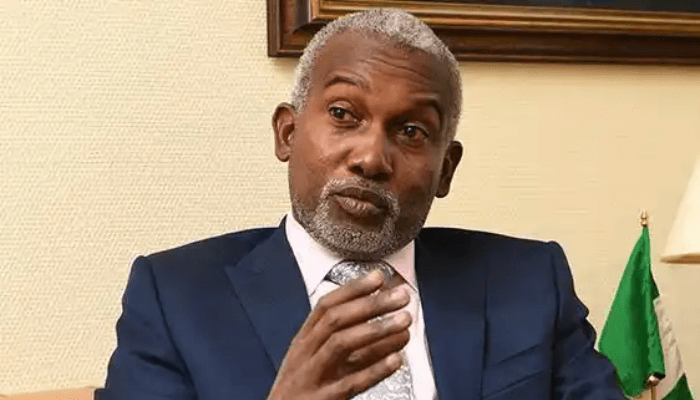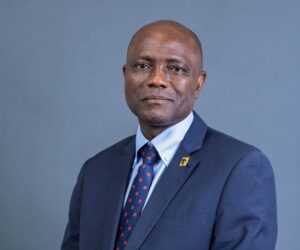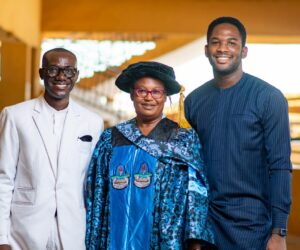The federal government has formally presented Taoheed Elias (Judge), as Nigeria’s candidate for election to the International Court of Justice (ICJ), appealing for international support to re-establish West Africa’s representation on the bench of the world’s top judicial institution.
At an event held on Thursday in Abuja, Yusuf Tuggar, minister of foreign affairs, led senior government officials and members of the diplomatic corps in endorsing Elias’ candidacy ahead of the ICJ elections scheduled for November 12, 2025.
Tuggar, in his address, lamented that no West African judge has sat on the ICJ bench since 2011 and that Nigeria has been absent from the court for over 30 years.
“This long absence is not a matter of pride but of perspective. It underscores the importance of equitable geographical representation and the need for voices from West Africa to again be heard within the world’s highest judicial body”, he said.
The minister described Dr. Elias as a jurist of exceptional distinction and integrity who embodies the ideals enshrined in Article 2 of the ICJ Statute.
“Elias is not merely a national candidate but a candidate for the international community. He embodies the envisaged qualities, a person of high moral character possessing the qualifications for the highest judicial office and recognised competence in international law.
“He is a Nigerian national, a distinguished scholar, a seasoned international civil servant, and a respected judge”, Tuggar stated.
Tuggar emphasised that Nigeria’s nomination of Elias goes beyond national interest, representing a collective effort to ensure Africa, particularly West Africa, maintains its rightful place in shaping global jurisprudence.
“This candidacy is not about Nigeria alone. It is about ensuring that Africa, and West Africa in particular, retains its rightful presence in shaping the global rule of law”, he added.
Read also: Nigeria charges fees on countries with visa-free entry
In his remarks, Elias expressed deep appreciation for the government’s confidence in him and reaffirmed his commitment to the principles of international justice.
“The ICJ is at the cornerstone of the entire architecture of the United Nations, being responsible for the peaceful resolution of disputes,” he noted.
He outlined three core pillars underpinning his candidacy: academic expertise in international law, institutional understanding of the United Nations system, and extensive judicial experience.
“The first element of my candidacy is my academic background and intellectual expertise in international law.
“The second is my knowledge of the principal constituencies of the ICJ, the UN itself. The third element is my judicial experience.
“I have spent more than 20 years in the United Nations system as a lawyer. These are things I’ve actually lived, in addition to teaching about them”, he explained.
Currently serving as a judge ad hoc on the ICJ, Elias highlighted his recent appointment by Equatorial Guinea, a country that chose him over its own national, as a testament to his global credibility.
“In the International Court of Justice, when you have a case, one party has a judge of their country on the court.
“The other country, which does not, can appoint anyone. Equatorial Guinea didn’t pick somebody from their own country; they picked me,” he said.
Elias also paid tribute to Abdulqawi Yusuf (Judge) of Somalia, whose seat he is vying to fill, acknowledging the high standard of excellence set by his predecessor.
“Given the nature of the challenges that I described, I think that a wider profile, perspective, and deeper appreciation in practice are things that I hope you believe will be of value to the court,” he stated.
If elected, Elias would become the fourth Nigerian to serve on the ICJ, following in the footsteps of Charles Onyeama, Bola Ajibola, and his father, the late Taslim Olawale Elias, a former ICJ President and one of Africa’s foremost legal minds.
Elias is a member of the Institut de Droit International and has held several senior positions within international organisations, including Legal Adviser and Director at the Organisation for the Prohibition of Chemical Weapons (OPCW) in The Hague.
He currently serves as President of the Administrative Tribunal of the OPEC Fund for International Development, Chairman of the Islamic Development Bank Administrative Tribunal, and former President and member of the OPEC Appeals Committee.









